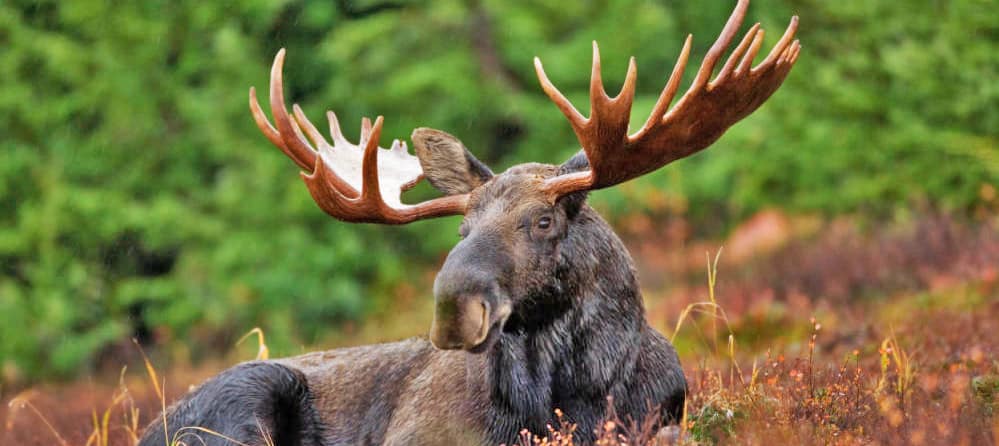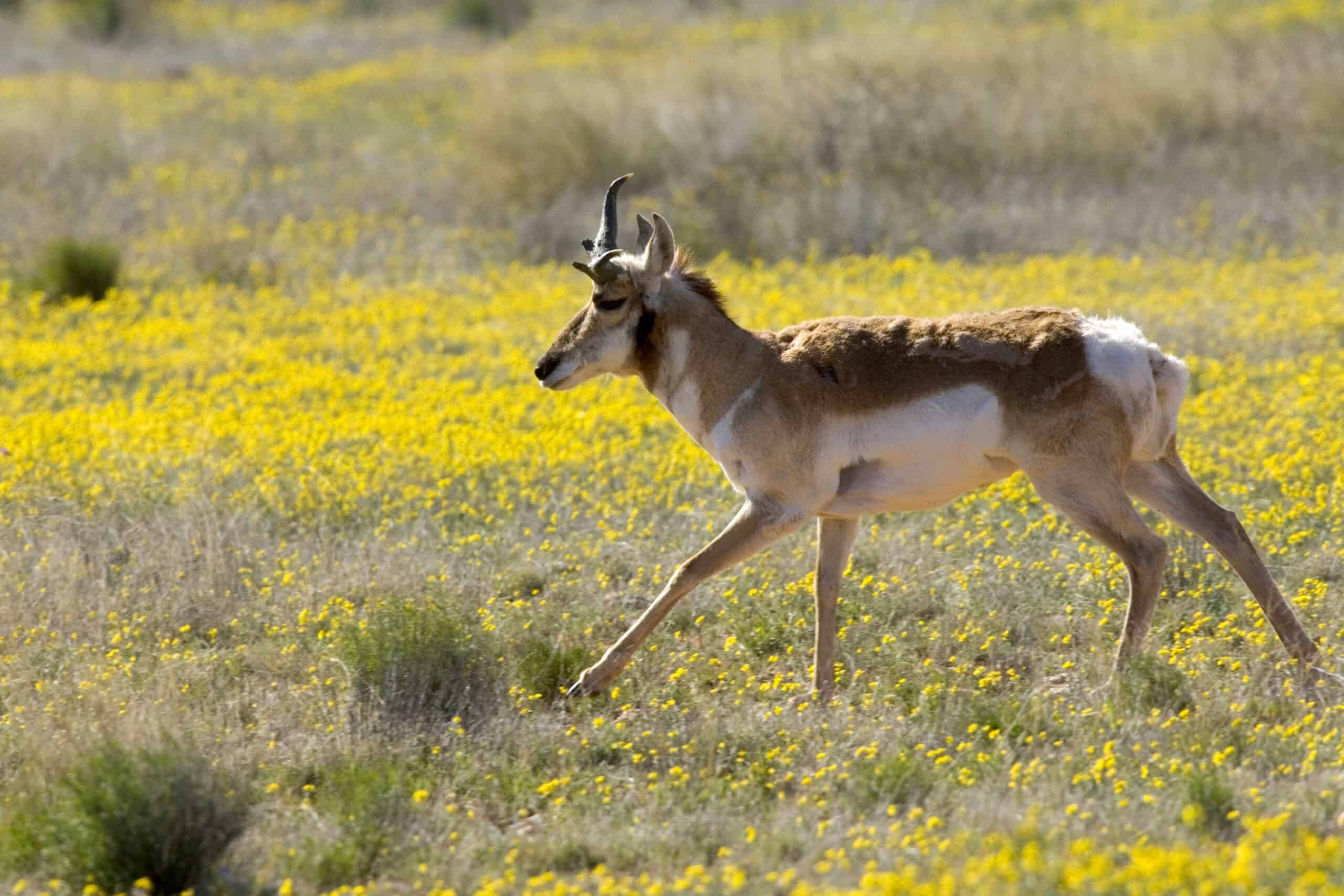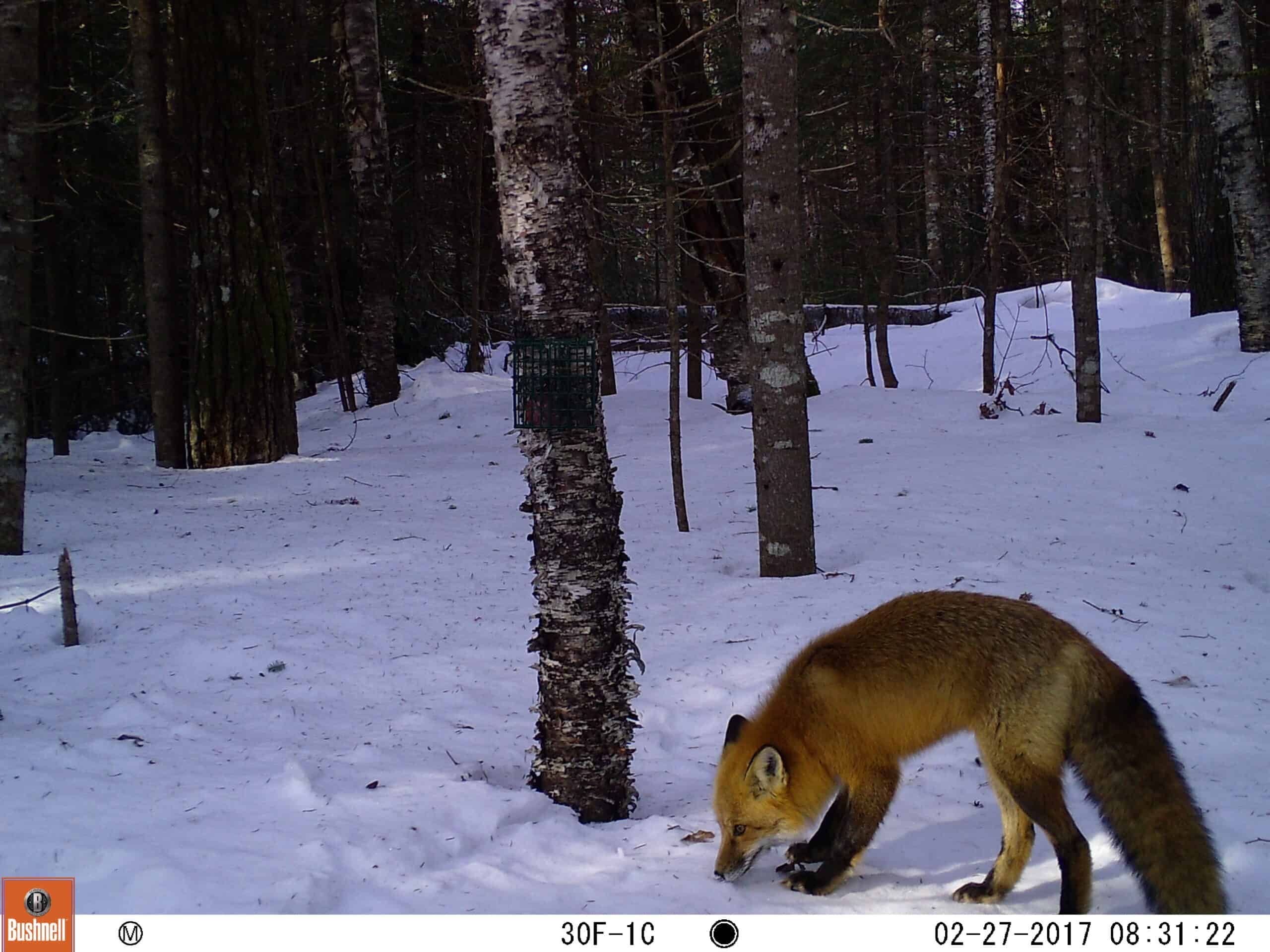Share this article
House subcommittee examines the state of wildlife
The Water, Oceans and Wildlife subcommittee of the House Natural Resources Committee held a hearing on the State of Wildlife last week.
The hearing was the third in a series led by subcommittee chairman Rep. Jared Huffman, D-Calif., with the goal of setting the stage for the subcommittee’s jurisdiction and actions going forward. The previous two hearings covered water supply reliability and oceans. This third hearing rounds out the subcommittee’s scope. “The state of many species in the country — and across the globe — is dire,” said Rep. Huffman in his opening statement.
A panel of invited witnesses offered testimony on the challenges currently facing wildlife and made suggestions about how to move forward. Jamie Rappaport Clark, former director of the U.S. Fish & Wildlife Service and current president and CEO of Defenders of Wildlife, testified first. “The nation’s wildlife is facing unprecedented challenges,” Clark said.
Her written testimony covered a variety of topics, from endangered species protection and climate change to human-wildlife conflict and state-federal relations. She concluded by asking that Congress increase funding for wildlife conservation, restore protections for endangered species, update legal protections and support new approaches to conservation.
Dan Ashe, another former director of the U.S. Fish and Wildlife and current president and CEO of the Association of Zoos and Aquariums, also testified at the hearing. “Although we have made significant progress in saving endangered and threatened species, a growing body of evidence points to the disturbingly unambiguous conclusion that we are losing the war to save wildlife,” Ashe said. “We are losing locally, nationally and globally. We are losing daily, monthly and yearly. Yes, there are examples of success … But species protection, conservation and especially recovery, require long-term effort and commitment,” he said.
Christy Plumer, Chief Conservation Officer of the Theodore Roosevelt Conservation Partnership, testified about the North American Model of Wildlife Conservationand the current funding structure for wildlife management. She offered suggestions about how Congress can advance conservation through funding mechanisms, including approval of federal legislation such as the Pittman-Robertson Modernization Act, reauthorization of the North American Wetlands Conservation Actand “reforms to provide statutory authority for mitigation and new funding sources for fish and wildlife conservation such as through RAWA,” the Recovering America’s Wildlife Act.
Valerie Covey, a county commissioner from Texas, spoke in favor streamlining compliance with the Endangered Species Act, particularly regional habitat conservation plans.
Roger Huffman, representing the Oregon Cattlemen’s Association, talked about the role of ranching in wildlife management and the need to modernize the ESA. “Cooperation between government agencies and private property owners is critical in wildlife conservation,” he said.
“As one of the original private-public partnerships, grazing has been used to achieve land management goals that provide ecosystem services well beyond the range,” Huffman said. “Ranchers have enjoyed good working relationships with their federal partners across several agencies at the Department of the Interior and the Department of Agriculture.”
Header Image: Most witnesses at a recent House subcommittee hearing agreed on the need to do more to conserve America’s wildlife. ©Ryan Hagerty/U.S. Fish and Wildlife Service








